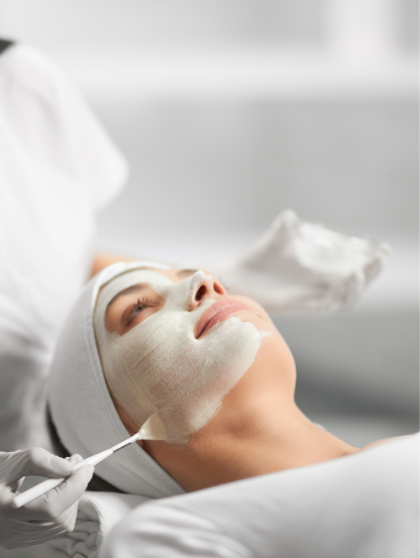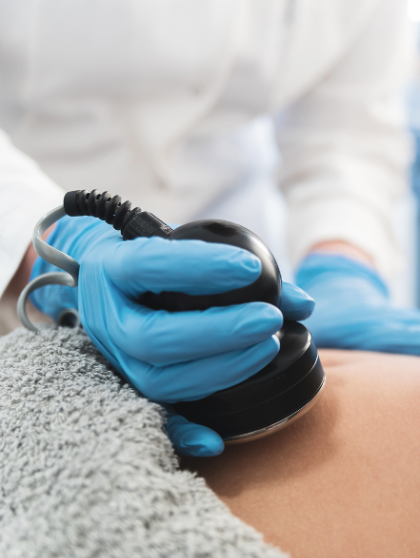
The UK government has initiated a groundbreaking consultation to address the rising concerns surrounding non-surgical cosmetic procedures. This move comes in response to the increasing number of complaints about ‘botched’ treatments, including laser hair removal and dermal fillers. The Department of Health and Social Care, along with Maria Caulfield MP, is inviting input from the public and businesses to shape regulations aimed at making these procedures safer for consumers.
Seeking Views for Safer Practices
The primary goal of this consultation is to gather opinions from both industry experts and individuals who have undergone non-surgical cosmetic procedures. The insights collected will play a crucial role in the development of a new licensing scheme for practitioners and clinics operating in England. Potential measures under consideration include age limits and restrictions for high-risk procedures, especially those involving intimate parts of the body.
Protecting Patients from Harm
The proposed licensing scheme aims to safeguard patients from the potential harm associated with poorly performed cosmetic procedures. This initiative ensures a consistent standard of practice across the sector, offering reassurance to individuals seeking aesthetic treatments. The consultation seeks to establish a level playing field for practitioners, supporting the growth of the beauty industry, which is a significant contributor to the UK economy.
Industry Challenges and Public Concerns
The non-surgical cosmetic industry, valued at an estimated £3.6 billion in the UK, is largely composed of small and medium-sized businesses, many of which are female-owned. Despite its economic importance, concerns have been raised due to the increasing popularity of cosmetic procedures. The consultation aims to address the issues highlighted by individuals who have experienced negative outcomes from procedures performed by inexperienced or underqualified practitioners.
Collaboration with Industry Experts
Key stakeholders, including organisations like Save Face and the Joint Council for Cosmetic Practitioners, have been actively involved in the consultation process. Save Face, a government-approved register of accredited practitioners, has received nearly 3,000 complaints in 2022, emphasising the need for improved regulations. The British Beauty Council has also played a pivotal role in advocating for checks and balances in aesthetic procedures, collaborating with the government to introduce measures such as the ban on injectables for under 18s in 2021.
Moving Towards Sensible Regulation
The consultation period will run for 8 weeks, concluding on Saturday, October 28, 2023. The initiative follows the Health and Care Act of April 2022, granting the Health and Social Care Secretary the authority to introduce a licensing regime. Under the proposed scheme, practitioners must obtain a license to perform specific procedures, and the premises they operate from will also require licensing.
Ensuring Qualifications and Safety
The government has already taken steps to protect younger individuals by making it illegal for those under 18 to access filler treatments for cosmetic purposes. TV and social media adverts targeting under 18s with cosmetic procedures have also been banned. The emphasis on reflection, consideration of potential impacts, and the selection of reputable, insured, and qualified practitioners is highlighted for anyone considering a cosmetic procedure.
Bottom Line
The consultation represents a significant step towards addressing the challenges within the non-surgical cosmetic industry, with the aim of implementing sensible and proportionate regulations to ensure the safety of consumers and the professionalism of practitioners.






